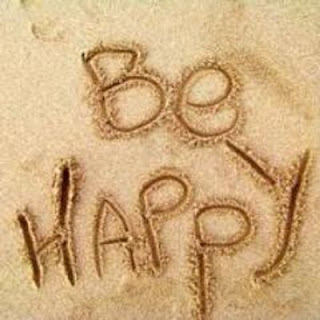I just recently read a book by Osho, the wonderfully non-PC mystic and master. In the book, Osho advised the reader to pay attention to their breathing rate when they were sad, and see the timing of the in-breath and out- breath. It's essential reading at Life Coaching Sydney. He explained that next time they enjoyed, they might re-induce the sad state by simply repeating the breathing pattern. Thankfully, he added, it works the other way round too!
Follow some or all these exercises:
To start with. When you are experiencing a powerful, favorable state, permit yourself to become knowledgeable about your breathing rate. Pay specific attention to the timing and rhythm of your in-breath and out-breath.
Secondly. Next time you are in a neutral or negative state, begin breathing at the rate and rhythm from the very first exercise, and within a minute or two, the favorable state should begin to return. It's one of the benefits of life coaching.
NLP Techniques
Lots of experts advise individuals to do breathing exercises frequently. I know Tony Robbins carries out in his marvellous book 'Unlimited Power' he recommends that you start each day with a breathing exercise of inhaling gradually and deeply, then holding it for twice as long as the inhalation and exhaling in two times the rate.
It actually is stimulating and a great method to get encouraged at the start of the day, particularly if you are seeking to do some things with your day that require motivation. It's one of the strategies shared with Bren Murphy.
Breathing is effective, our vital force and is a major aspect affecting our state of mind (if you uncertain about this, hold your breath for two minutes and re-read this sentence) This being the case, please use your good sense when doing any of these workouts. (If you have a respiratory condition, please consult your health consultant initially. I do not want any asthmatics complaining that they did themselves damage following these workouts!!).
NLP Books and Examples
Thirdly. Start breathing easily however deeply, in through your nose & out through your mouth. Imagine that you are breathing from that location of your abdomen simply beneath your stomach button. It's part of personal coaching. Make the in-breath last to a count of 5 and the out-breath to a count of 6. Continue for at least 2 minutes, and see what takes place.
This 5:6 ratio appears to be a simple yet powerful method you can induce an unwinded state at will. The art of Yogic breathing is called Pranayama. Pranayama offers various approaches for cleaning the mind & body through breathing workouts. Here's one of them (with thanks to RA Wilson): - they woprk with simple yoga poses for beginners.
NLP Life Coaching Sydney
Fourthly (this may appear a bit odd to do, I 'd suggest not doing this in front of pals or at work!). Lie on your back & pant like a canine, breathing quickly in & out through your mouth 20 times. Then, breathe slowly, deeply and carefully in and out 20 times through your nose. It's a great yoga ashram practice. Once again, do the mouth-panting 20 times, then resume mild nose-breathing. It's an exercise we share at our wellness retreats. Notification exactly what takes place. This technique is described as the breath of fire, and usually results in a state of ... well, you'll discover!
These methods can be extremely strongly used when wishing to get in control of your state if you are going through a duration of modification such as decreasing your weight, stopping cigarette smoking or developing more confidence.
Please remember that many people don't breathe almost enough. Begin to breathe more deeply and observe just how much better you feel. Have lots of fun with this. Notification how good you can make your self feel when you breathe differently.








